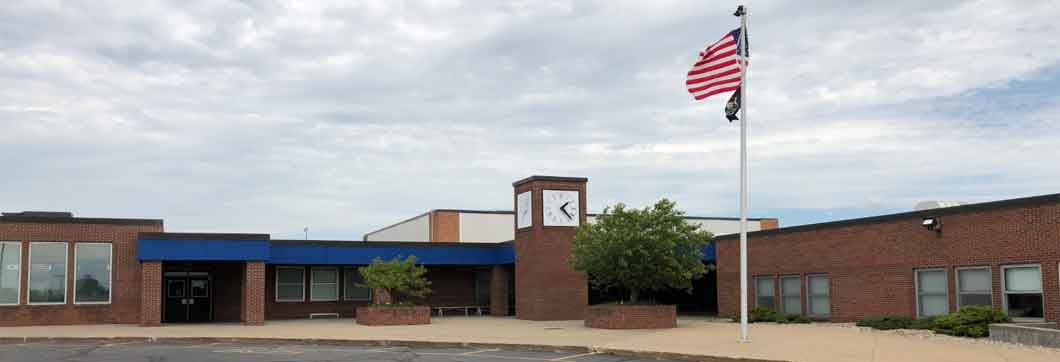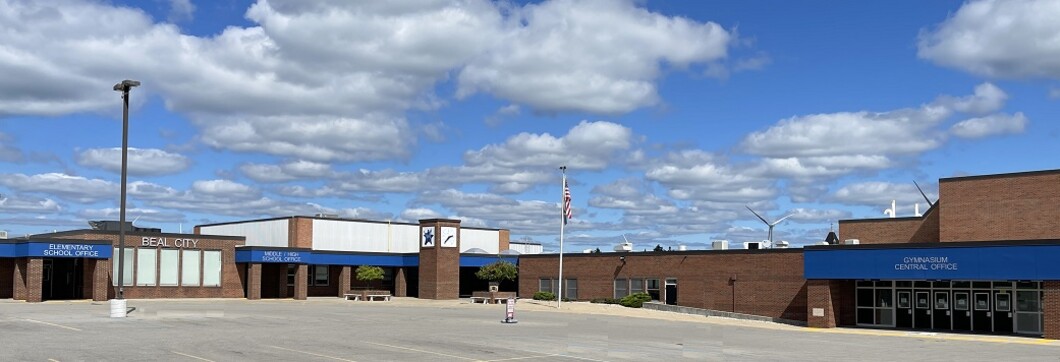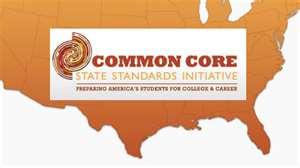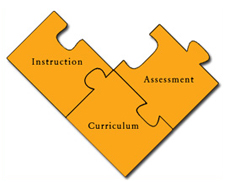Curriculum, Instruction, and Assessment
| Assessments | Course Descriptions | Pacing Guides |
Welcome to the Department of Curriculum, Instruction, and Assessment. We are proud of our students' achievements, the instruction provided by our teachers, and the many educational programs we offer to our community - AGGIE PRIDE! We believe that our exemplary educational system is a result of the collaborative efforts of parents, students, school, and community. Together we are improving the quality of life and the learning for all in our community. By using the motto “Educational Teamwork Today for Educational Excellence Tomorrow” our students get a BIG education in a small school environment.
This department places emphasis on the following areas:
|
|
|
Beal City’s Curriculum is based upon standards that promote "rigor" and "relevance." These standards set high expectations and are based upon the belief that all students will succeed. Some students will need additional time and support, but all students can and will learn and then experience success. Students will learn content that will be relevant to their future plans, whether it be post-secondary education or the work force.
In addition to a rigorous and relevant curriculum, we recognize the importance of the third "R" - "relationships". Relationships are critical to students feeling connected to school. We have the most caring teachers who are committed to being advocates for every student.
In conclusion, we are committed to continuous improvement in all areas. Working together, we can ensure a quality educational experience for all students. We believe in our collective capacity to create a better future for our community, school and our students.
Assessments
At the foundation of our success are the high standards/expectations that we have for students. These expectations are based upon the belief that allstudents will succeed and that all students will be pushed to their personal best. Students will learn content that will be relevant to their future plans, whether it be post-secondary education or the workforce. Additionally, to measure student progress so that we can better meet the needs of each and every student, each and every day, we have a detailed assessment program that includes the following: ACT, Plan, Explore, WorkKeys, SAT, AP, Competency tests MAT and CAT, MEAP, MME, ASVAB, quarterly common assessments.
Curriculum QUESTions
The curriculum QUESTions process is a K-12 initiative designed to facilitate a systemic change in the way we educate our children. The process, an extension of the work on professional learning communities by Dufor, focuses on answering what have become our five curriculum questions.
What do we teach? – First and foremost our curriculum must be aligned with the State standards. Teachers must be given the time and guidance to become intimately aware of the content expectations.
When do we teach it ? Through the development of pacing guides, our teachers have articulated a focused plan of instruction that will ensure that all objectives are taught at the appropriate grade level.
How will we know if the students have learned? – Each core content area at each grade level administers a common quarterly assessment. These assessments test the specific content expectations outlined in the pacing guides. The tests are scored at the district level and data is returned to the teachers and administrators within 1 week of the test date.
How do we teach? – As our benchmark assessments identify weaknesses in our instructional methods we have provided direct and focused professional development.
What will we do with those students who have not learned? – Following the pyramid of intervention model, teachers and administrators are working collaboratively to institute interventions for those students who do not meet the standard performance level on the benchmark assessments.






